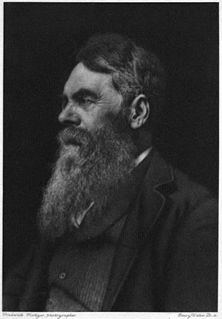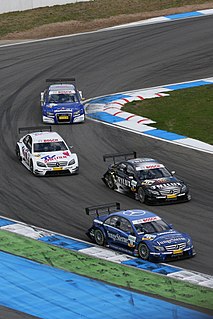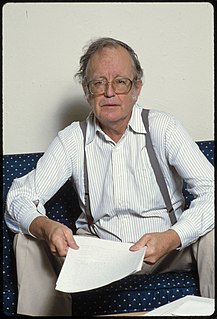A Quote by Richard Holt Hutton
Nothing would improve newspaper criticism so much as the knowledge that it was to be read by men too hardy to acquiesce in the authoritative statement of the reviewer.
Related Quotes
It is a fallacy to think that carping is the strongest form of criticism: the important work begins after the artist's mistakes have been pointed out, and the reviewer can't put it off indefinitely with sneers, although some neophytes might be tempted to try: "When in doubt, stick out your tongue" is a safe rule that never cost one any readers. But there's nothing strong about it, and it has nothing to do with the real business of criticism, which is to do justice to the best work of one's time, so that nothing gets lost.
I found myself desiring and knowing less and less, until I could say in utter astonishment: "I know nothing, I want nothing." Earlier I was sure of so many things, now I am sure of nothing. But I feel I have lost nothing by not knowing, because all my knowledge was false. My not knowing was in itself knowledge of the fact that all my knowledge is ignorance, that "I do not know" is the only true statement the mind can make....I do not claim to know what you do not. In fact, I know much less than you do.
As people get their opinions so largely from the newspapers they read, the corruption of the schools would not matter so much if the Press were free. But the Press is not free. As it costs at least a quarter of a million of money to establish a daily newspaper in London, the newspapers are owned by rich men. And they depend on the advertisements of other rich men. Editors and journalists who express opinions in print that are opposed to the interests of the rich are dismissed and replaced by subservient ones.

































